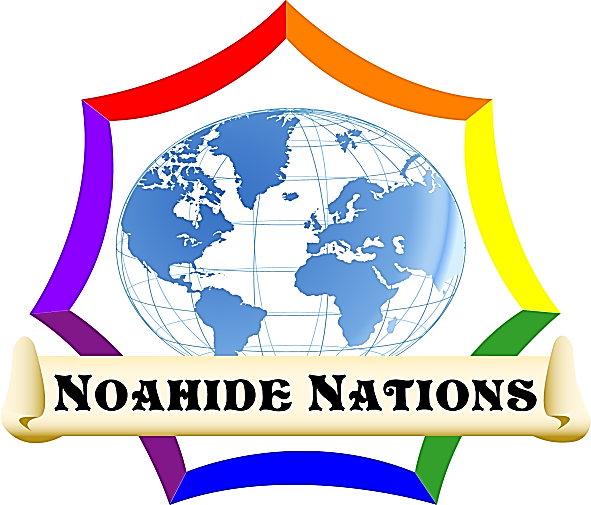THE VIRGIN BIRTH
- Category: WHY ARE CHRISTIANS & MESSIANICS TURNING TO GOD?
- Hits: 31470
Article Index
Answer:
Your inquiry will undoubtedly make an enormous contribution to this work. Your question contains some of the most commonly held misconceptions regarding Matthew’s rendering the Hebrew word alma as virgin in Matthew 1:23. Highlighting your question will, no doubt, benefit countless others who are confused by the same mistaken presuppositions imbedded in your question.
Your assertion that Matthew quoted from the Septuagint is the most repeated argument missionaries use in their attempt to explain away Matthew’s stunning mistranslation of the Hebrew word alma. This well-worn response, however, raises far more problems than it answers.
Your contention that “parthenos does mean virgin” is incorrect. The Greek word Παρθένου (parthenos) can mean either a young woman or a virgin. Therefore, Παρθένου can be found in the Septuagint to describe a woman who is clearly not a virgin. For example, in Genesis 34:2-4, Shechem raped Dinah, the daughter of the patriarch Jacob, yet the Septuagint refers to her as a parthenos after she had been defiled. The Bible reports that after Shechem had violated her, “his heart desired Dinah, and he loved the damsel (Sept. parthenos) and he spoke tenderly to the damsel (Sept. parthenos).” Clearly, Dinah was not a virgin after having been raped, and yet she was referred to as a parthenos, the very same word the Septuagint used to translate the Hebrew word alma in Isaiah 7:14.
Moreover, the Septuagint in our hands is not a Jewish document, but rather a Christian recension. The original Septuagint, translated some 2,200 years ago by 72 Jewish scholars, was a Greek translation of the Five Books of Moses alone, and is no longer in our hands. It therefore did not contain the Books of the Prophets or Writings of the Hebrew Bible such as Isaiah, from which you asserted Matthew quoted. The Septuagint as we have it today, which includes the Prophets and Writings as well, is a product of the Church, not the Jewish people. In fact, the Septuagint remains the official Old Testament of the Greek Orthodox Church, and the manuscripts that consist of our Septuagint today date to the third century C.E. The fact that additional books known as the Apocrypha, which are uniquely sacred to the Roman Catholic and Orthodox Church, are found in the Septuagint should raise a red flag to those inquiring into the Jewishness of the Septuagint.


 French (FR)
French (FR)  English (UK)
English (UK) 




